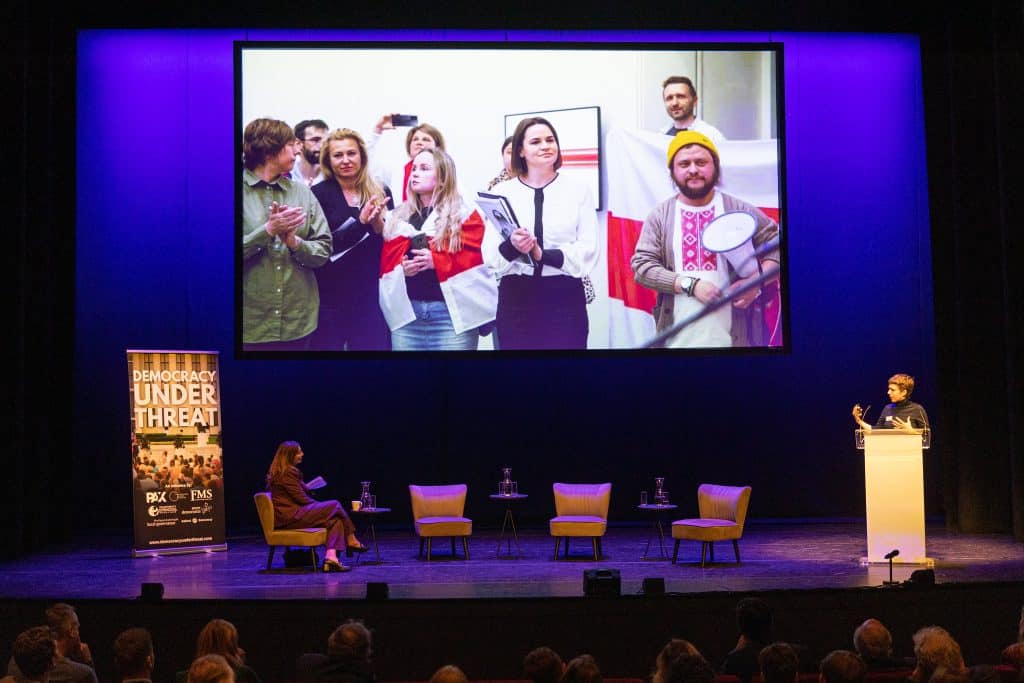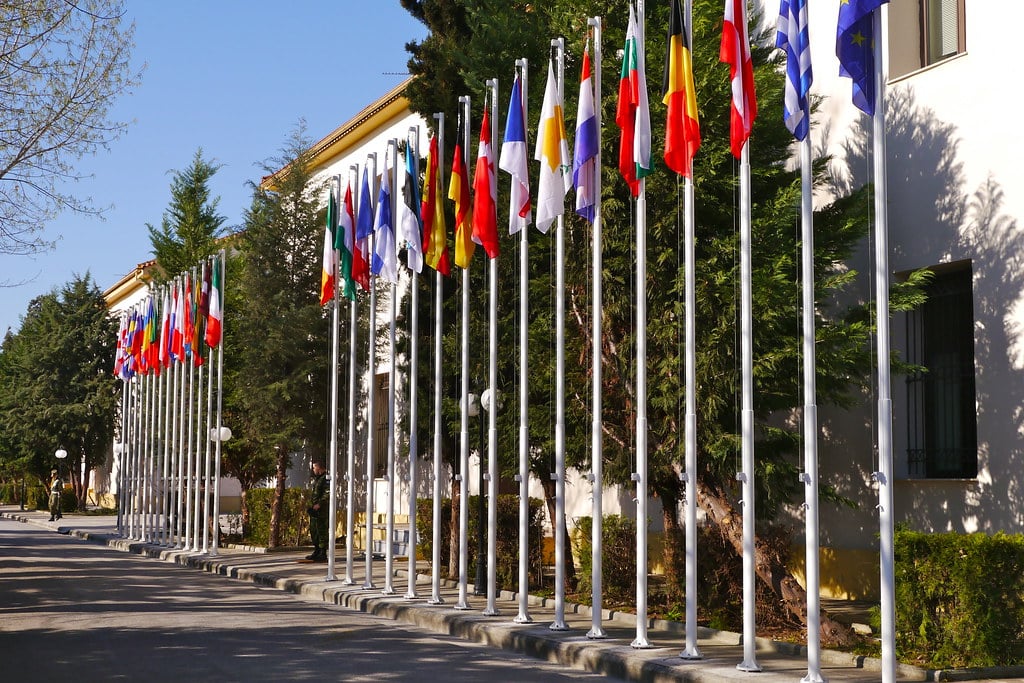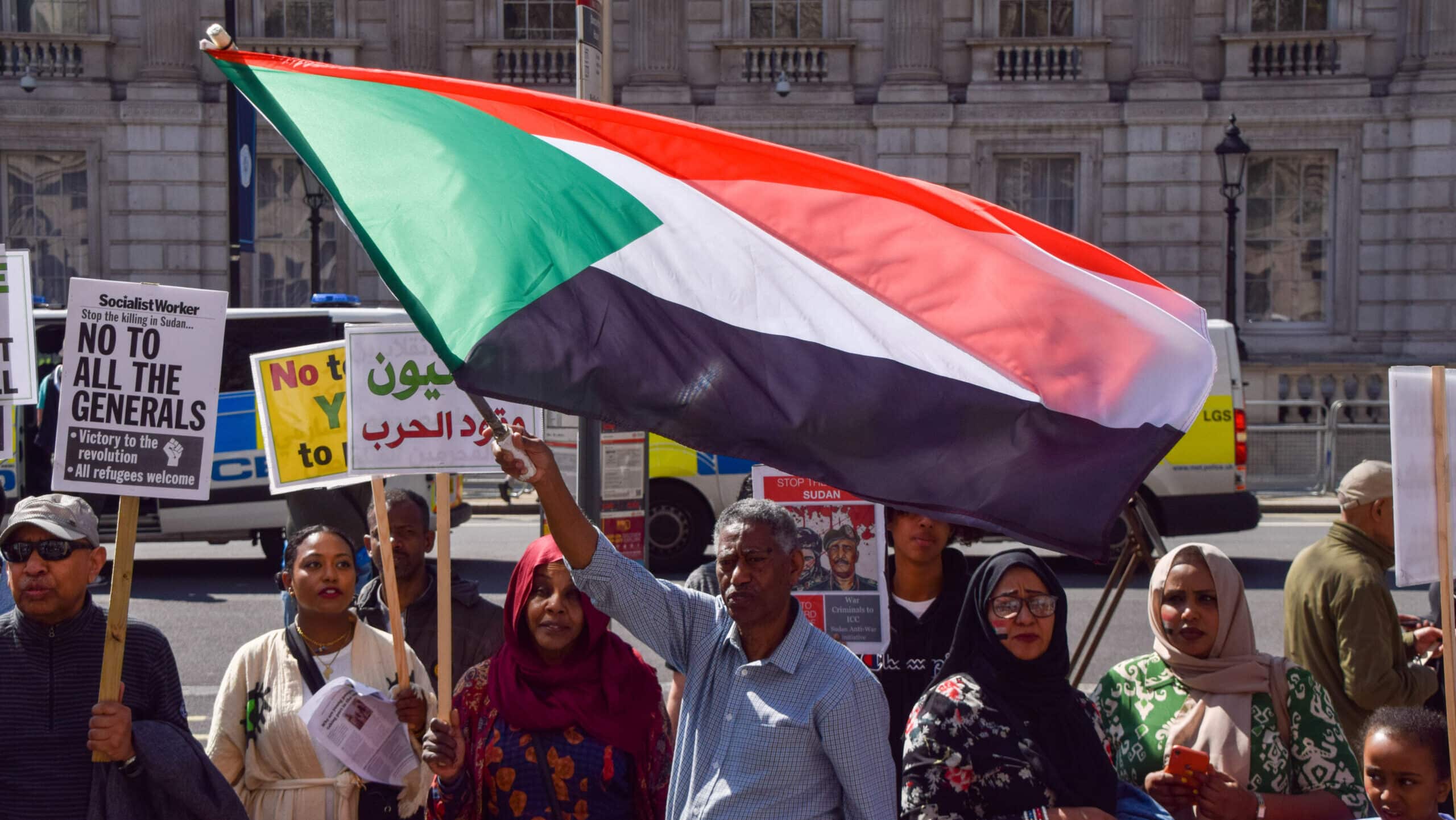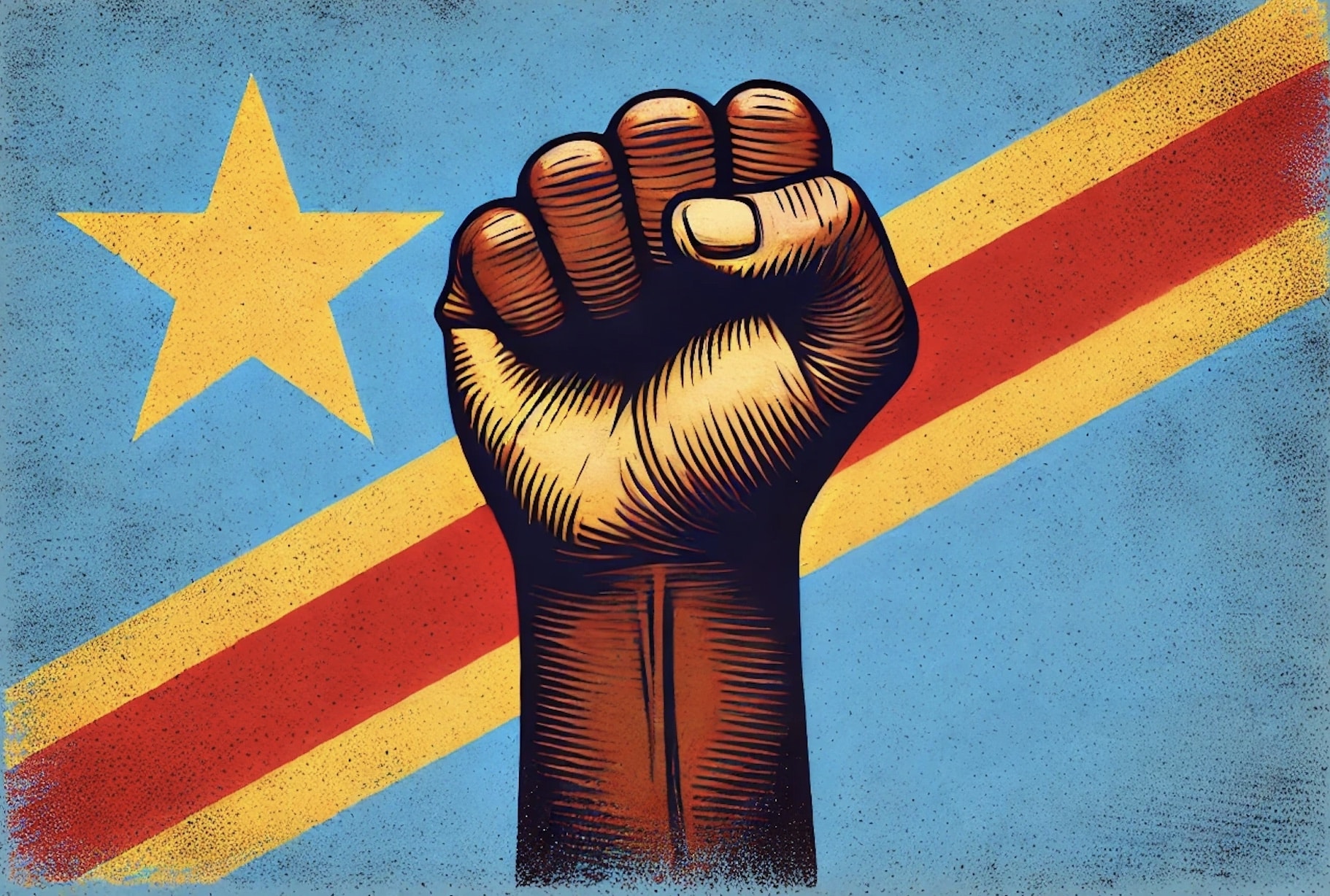Belarusian activist Tasha Arlova gives a lecture in The Hague, 2022. Photo: FMS
Today is International Women's Day. On this day, we reflect on the empowerment of women in our society, and stand in solidarity with women and other marginalised groups fighting for equal rights worldwide. International Women's Day is celebrated every year on 8 March, and rightly so! Because international issues need women's leadership.
Look at Belarus, where women are at the forefront of the democratic movement. Precisely because women are underestimated as political actors, women in Belarus have been able to claim more space to criticise the regime. Female opposition leader Svetlana Tichanovskaya - who this week received a prison sentence of 15 years imposed - took on dictator Lukashenko in 2020 and claimed victory.
Or look at Iran, where women are once again leading the fight against the state. They are inspiring countless other Iranians of all groups and ages to also rise up in resistance. 'Woman, life, freedom' are shouting protesters across the country. The spark for mass resistance was the murder of 22-year-old woman Mahsa Amini, who was abused by the vice police for not complying with oppressive dress codes. About Iranians' enduring resistance, we organised a Political Café.
For many women, it remains difficult to turn their passion into political action or involvement, due to the numerous barriers they face when they want to become politically active. Women lack not ambition but opportunities, such as access to an education, information and political skills.
There is still a world to be won in this area. Partly for this reason, (political) training courses are important. In June last year, the Max van der Stoel Foundation organised the first edition of the MENA Women Academy. This learning school brought together seasoned women political activists and young, inquisitive participants. Thus, they can gain skills to change male-dominated politics.
Women and other marginalised groups are also hit harder by climate change. In our climate study can be read that they are, for example, more at risk in climate disasters, or forced back into traditional gender roles by climate change.
The fight against climate change needs women's involvement for this very reason. In our climate report, we highlight that climate projects benefit enormously from female leadership. In Uganda, partnerships founded by women are working on the transition to a sustainable economy by training women to generate renewable energy. In Congo, women's organisations are working against deforestation, and for women's participation in decisions about nature.
Clearly, international issues such as the struggle for democracy, human rights and a clean future need female leadership. The Max van der Stoel Foundation stands by this today, and every day. With our trainings, we give a strong new generation of women the tools to bring about democratic change in their countries on their own.





